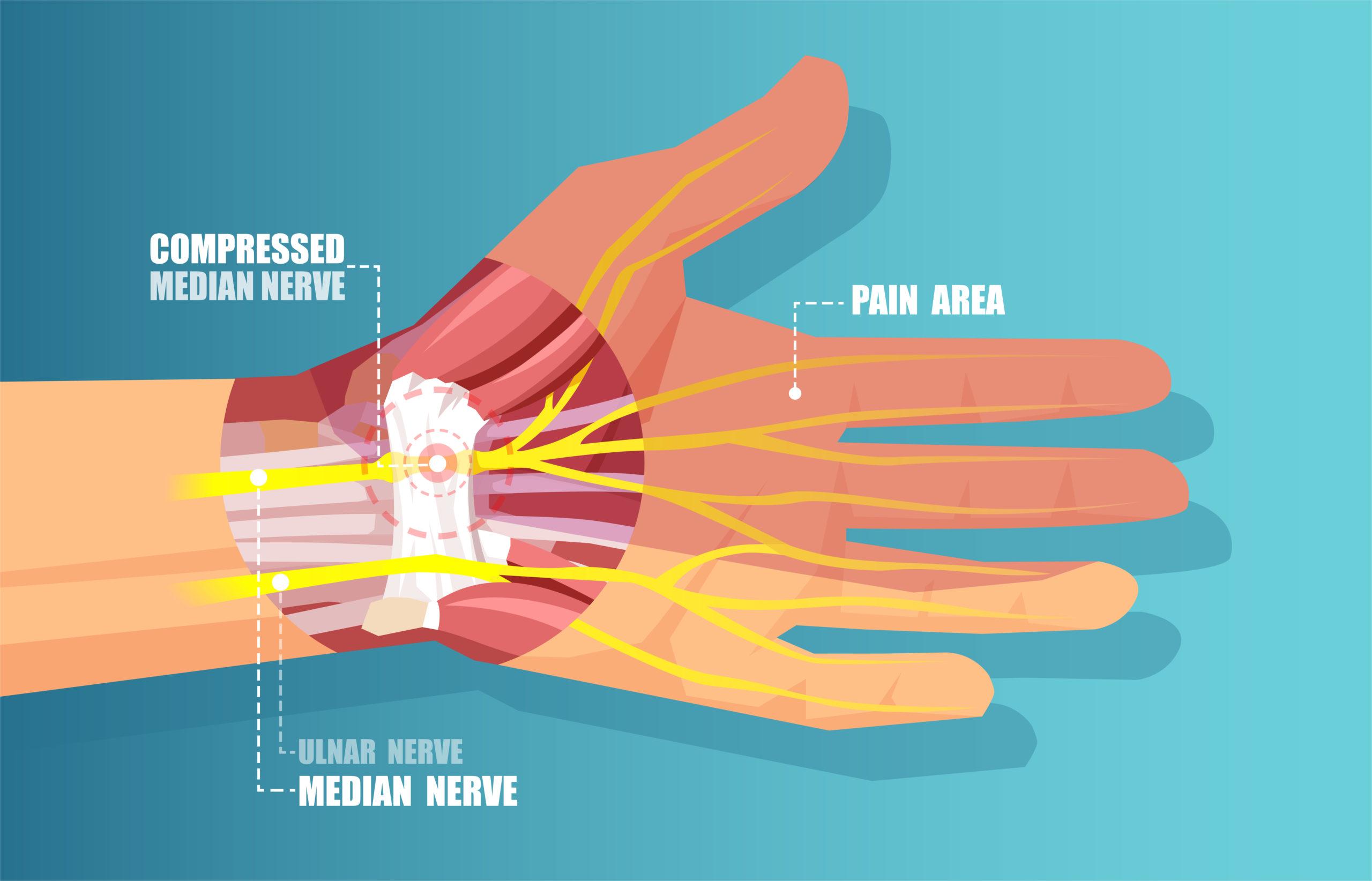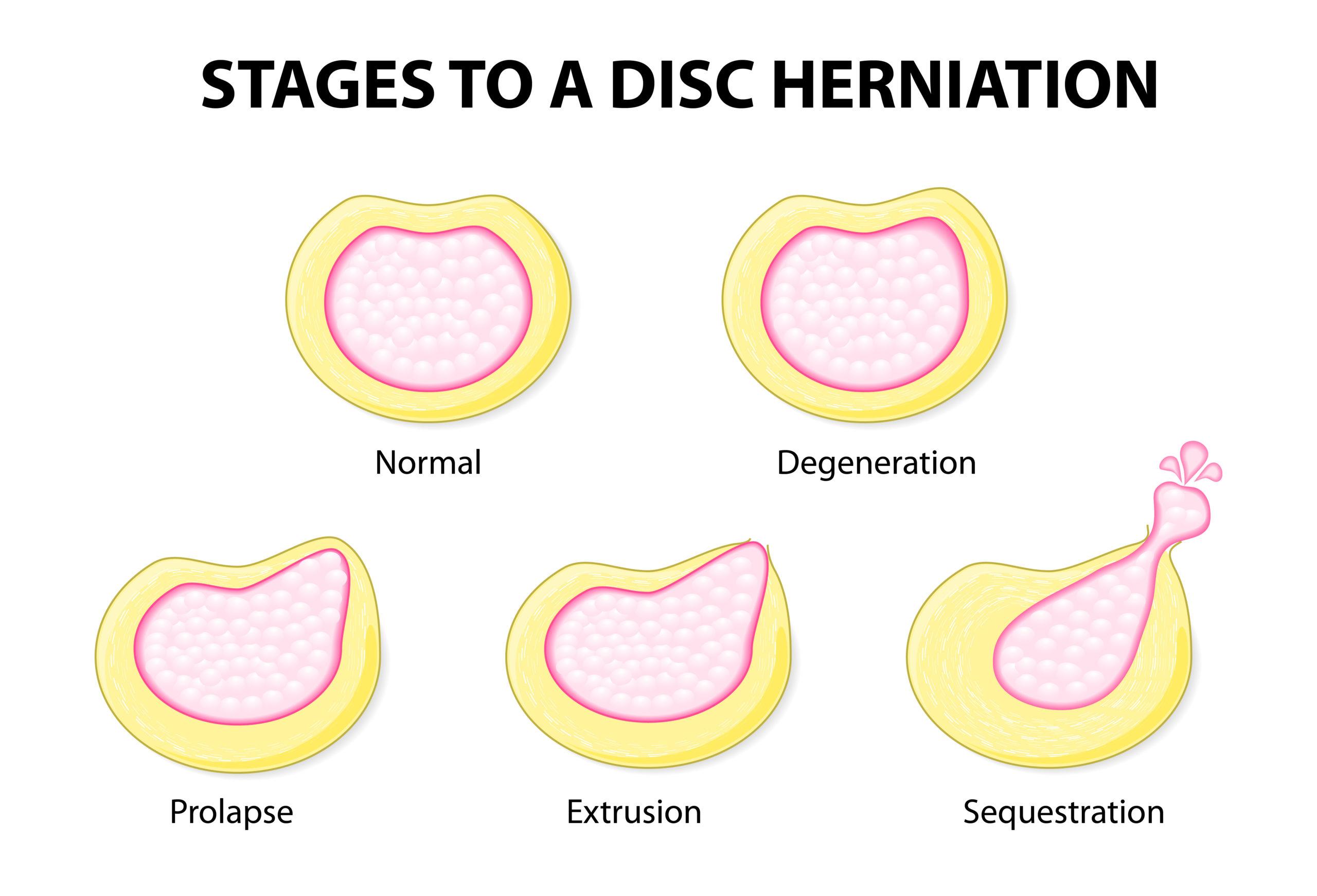What are Pinched Nerves and How do Maple Grove Chiropractors Treat them?
Chiropractic treatment pinched nerves. A pinched nerve can show up suddenly and unexpectedly and can often present as intense pain, possibly emanating from your back, neck, hip, shoulder, or other major joints. At first, you might think that you simply slept in a strange position or exercised too intensely the day before. But after asking around or Googling the symptoms, it's likely that you'll arrive at the possibility of a pinched nerve.
After that, you might start wondering how it will affect you in the short and long term and what sort of treatment you'll need. While there can be different approaches to treat a pinched nerve, chiropractic care is often regarded as one of the best options.
Pinched Nerves in a Nutshell
A pinched nerve is precisely what it sounds like: a nerve that is compressed by the tissues or structures surrounding it. This can be muscles, tendons, cartilage, or bones, which means pinched nerves can appear throughout the body. For example, carpal tunnel syndrome -- a collection of symptoms that include tingling, numbness, weakness, and pain in a patient's hand and fingers -- is caused by a pinched median nerve in the wrist.

Various health conditions and issues may cause compression on a nerve, such as arthritis, a disc bulge or herniation, obesity, bone spurs, diabetes, muscle spasm, edema and water retention or weight gain. Other factors that increase the risk of pinching a nerve include:
- Overexertion from playing sports or other physical activities
- Severe stress
- Traumatic injury or car accident
- Extended periods of bed rest
When tissues pinch a nerve for only a short period, there is usually little to no permanent damage. Typically as soon as the pressure on the nerve is relieved, so is the pain. However, prolonged pressure can lead to nerve damage and chronic pain.
Symptoms of a Pinched Nerve
The excessive pressure exerted upon a nerve may cause one or several of the following symptoms:
- Sharp or aching pain emanating outwards from a single point
- Numbness or weakness
- Pins and needles or a tingling that doesn’t go away
Symptoms may persist throughout the day and can often get worse at night. It’s easy to confuse a pinched nerve with other common and temporary musculoskeletal issues, so it’s best to schedule a consultation with a chiropractor or other medical professional.
Pinched Nerves Caused by Herniated Discs
Around 85 of every 100,000 American adults suffer from pinched nerves each year. Among middle-aged adults, pinched nerves are most often the result of a herniated disc. Spinal discs are rubbery cushions between each vertebra.
Bodily movements involving the spine, such as bending forward or backward, twisting the upper body, and lifting objects off the floor, place stress on those discs. Suppose the stress is too much for the disc to handle. In that case, the disc can bulge or protrude out beyond the body of the vertebra, putting pressure on a nearby nerve. In severe cases the rubbery exterior of the disc can rupture or herniate and the jellylike interior spills out.

A nerve root is a part of the nerve that emanates from the spinal cord. From the root, the nerve extends and branches out into large segments of the body, such as the arms, legs, and neck. Beyond feeling pain at the point where the nerve root is pinched, there may also be pain or discomfort in the segment the nerve branches serve.
For instance, a pinched nerve in the upper part of your spine may reduce your neck's range of motion or cause pain to shoot down your arm if you sneeze, cough, or move a certain way. It may also reduce your ability to carry or lift objects. Moreover, a pinched nerve root in your lower back may shoot pain down your butt, hamstrings, calves and feet. It can also weaken your leg muscles and make you more prone to stumbling.
Can Maple Grove Chiropractic Care Help with a Pinched Nerve?
If you think you're suffering from a pinched nerve, you may find relief from self-care measures like resting and pain medication. However, if the pain lasts several days and the steps you've been undertaking don't seem to be working, you should seek treatment.
If what you have is indeed a pinched nerve that is unresponsive to self-care treatment, then a chiropractor can help. Pain relief can be as quick as a few days or as long as a couple of weeks. Overall soft-tissue healing takes a number of weeks to months for true physiological changes to occur. Sometimes, a pinched nerve in and of itself may indicate a more significant health concern, such as spinal stenosis or a herniated disc.
Seek out Chiropractic Care for Relief from Pinched Nerves
Chiropractic treatment for a pinched nerve is non-invasive and drug-free. As an expert on the human body's musculoskeletal system, your chiropractor will pinpoint the source of your pain. Beyond merely treating the symptoms, they find the root cause and address it completely. In many cases, your chiropractor may combine several techniques (e.g., spinal adjustment, massage therapy, extremity manipulation, etc.) to target specific areas and develop a program that works best for your particular symptoms, posture, and flexibility.
Massage therapy works by loosening tight muscles that can cause bones and joints to become restricted in their movement, relieving pressure on your nerves in the process. Chiropractic treatment corrects the alignment of the joints, thereby reducing strain, alleviating inflammation, and can help promotor proper circulation to the affected areas. This allows oxygen and nutrients to reach the damaged areas and help promote the body's natural healing processes. Furthermore, your chiropractor will be able to provide you with at-home diet and exercise regimens tailored to your recovery process.

For pinched nerves along the spine, studies reveal that chiropractic treatments are highly effective. Spinal mobilization combined with precise adjustments to your spine reduce strain on your back, minimizing inflammation and treating the pinched nerve.
Back and neck pain -- especially chronic back pain -- hinders living a normal, healthy, and fulfilling life. Pain makes it difficult for us to enjoy life to the fullest. This is why the Total Spine Health & Injury Center team has made it their mission to help Maple Grove residents restore their mobility and overall health.
Don't hesitate to come see us if you're in pain and think it might be due to a pinched nerve. We'll evaluate your problem and work with you to find the best solution. Depending on the severity of your condition, treatment often takes a number of sessions for pain relief and optimal healing. Still, we'll explain everything thoroughly before beginning any treatment plan. To learn more, book an appointment with us today.
